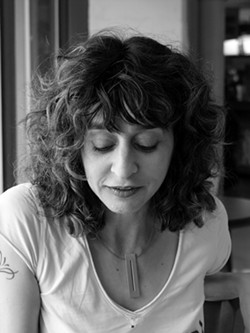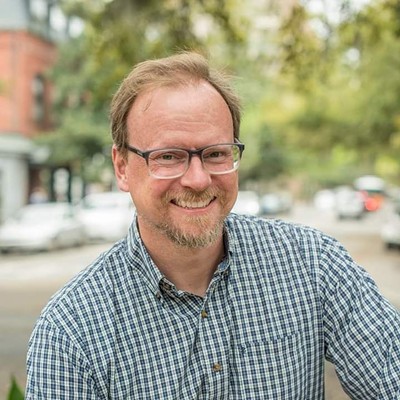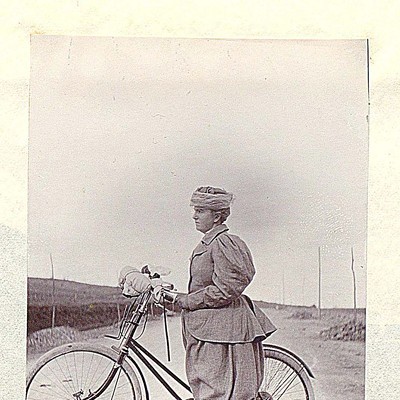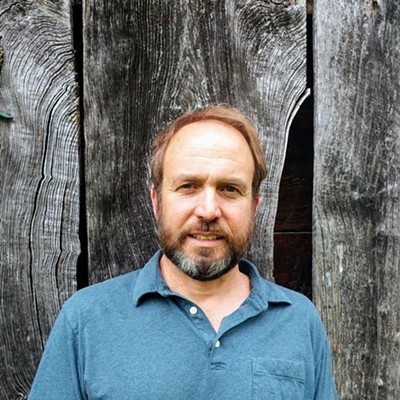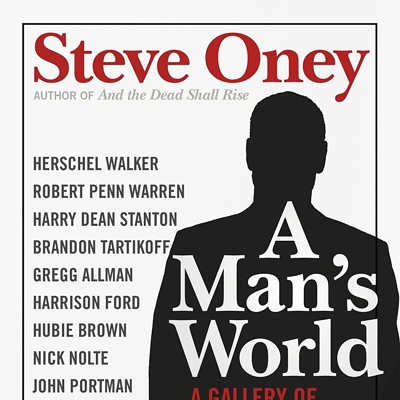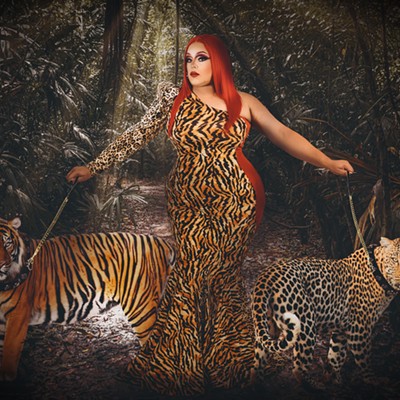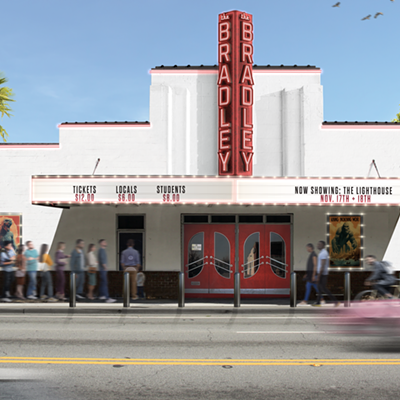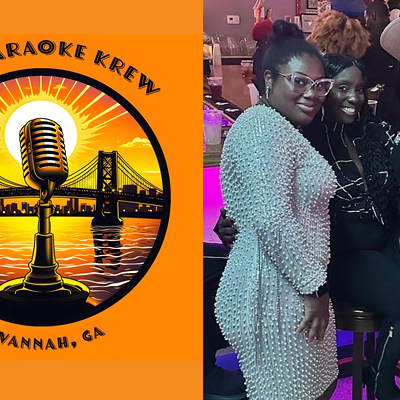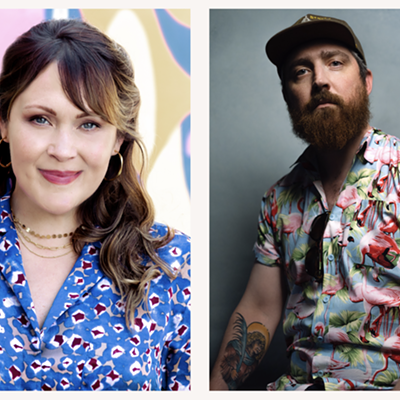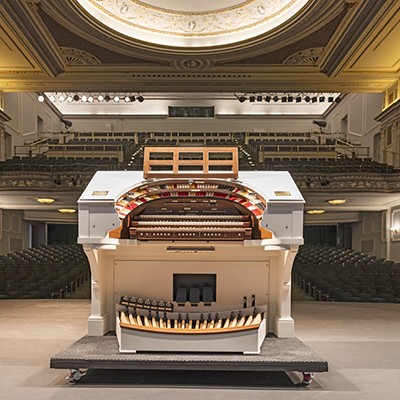PROLIFIC, provocative, and always poignant, Kim Addonizio writes the kind of emotionally charged poetry that is not soon forgotten. With scathing humor, accessible language, and unflinching honesty, Addonizio’s barstool musings and raw verse have been published in six poetry collections and earned her two National Endowment for the Arts fellowships, a Guggenheim Fellowship, and a Pushcart Prize. Her defining collection, Tell Me, made Addonizio a finalist for the National Book Award.
Tell Me’s “What Do Women Want?” has become essential reading in classrooms and poetry groups. From its first declarative line—“I want a red dress”—the captivating piece carved a space in feminist literature, fantasizing of fearlessly walking down the street in a “flimsy,” “cheap,” “too tight,” “sleeveless and backless” number, strolling past hardware stores, butcher shops, grimy and macho storefronts with strong, sexy, confidence and a devil-may-care attitude. The 2000 poem is now a classic.
In addition to her poetry, Addonizio has written two books on the art of writing and recently released a memoir, Bukowski in a Sundress. She’ll bring her latest collection, Mortal Trash, to her reading at The Book Lady with Savannah’s own Alexis Orgera.
We chatted with Addonizio about being labeled a “confessional poet,” penning contemporary sonnets, and her process.
Many people, myself included, can pinpoint that exact time they encountered “What Do Women Want?” Finding that poem as a young teenager was key in shaping a generation’s notion of agency. Now, it’s included in so many anthologies and textbooks—when you were writing it, did it feel like it had the potential to have that kind of reach?
I think so many women connected to it because it’s accessible, and performative, and has a certain “screw you” attitude. But no, I didn’t expect many people to read it.
Your honest tone gives readers the feeling that they truly know you through your poetry. Do you feel that writing a memoir helped broaden your identity?
I loved writing Bukowski in a Sundress. It was a challenge not to allow myself to make things up for the sake of a story; I had to find the story in the facts as I remembered them. I don't have those considerations in my fiction or poetry. I just do what the story or poem needs. But maybe it's not all that different.
In memoir, you still craft a persona, a “you” who isn’t exactly the “you” of your daily life. And tone can make a big difference. We’ve all probably told a friend about some experience that was difficult at the time, but we made a little more dramatic—or funny. A sense of humor is a great coping mechanism. It’s there to save us from the darkness.
On a related note: as someone who’s often called a “confessional poet,” do you think strangers feel a kind of immediate familiarity with you that they might not with other writers?
“Confessional” has come to mean “raw, unfiltered, unskilled therapeutic spilling of your messy female secrets.” So along with titling my book ironically with the moniker a snarky critic gave me, I subtitled it “Confessions from a Writing Life.” Speaking of a sense of humor, that’s mine. But I do aim for emotional and intellectual honesty. As with any work of literature that manages it, that draws a response because we all long for authenticity.
What is your process in selecting pieces for a collection of poetry? How did Mortal Trash take shape?
I usually write for a couple of years, go through what I've got and look for the good stuff. If I have twenty or so poems that seem viable, I'll start thinking about another book. As well as various individual poems about the usual—love, death, love, sex, death, love—Mortal Trash contains couple of series I think of as Vulcan mind melds with canonical poems.
You've followed form and have written many sonnets over the years; Mortal Trash has its own section of sonnets. Did you begin writing poetry through form or free verse?
I started with free verse, then studied formal poetry, essential to any poet's education. The sonnets in Mortal Trash are unrhymed and unmetered and based on flipping the script of Shakespeare's sonnets. Instead of an affair between an older and younger man, followed by the Dark Lady sonnets, I reversed the genders. And yes, it's partly fictional. But I hope it sounds real.
What are you working on next?
I'm always writing poems, or trying to. Right now I'm working on some essays that look outward more than inward, but they're still personal. I'm not about to try and be objective, especially in these harrowing times.

